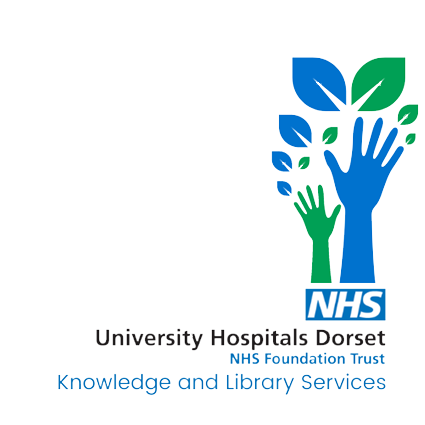
Training
We offer a variety of training for UHD and Dorset HealthCare staff and students to support your research, professional development and clinical practice.
We can deliver our training sessions for individuals or groups, in person or virtually via Microsoft Teams.
Training We Provide
All our sessions can be tailored to your needs. We alter the content and duration of the training to suit individual or group requirements. We can host sessions specific to professional groups, for example managers, nurses, doctors or allied health professionals.
If you don’t see what you need help with below, contact us using the below button and arrange a meeting with a Librarian to discuss your needs.
Academic Study Skills: Academic Writing
Understand the principles of academic writing, such as clarity, conciseness, objectivity, and evidence-based practice.
Write in a clear and concise style, using appropriate academic language and avoiding jargon.
Cite sources correctly and avoid plagiarism.
Proofread your work carefully to identify and correct any errors.
Academic Study Skills: Referencing and Plagiarism
Define referencing and plagiarism and explain the importance of referencing in academic and professional writing.
Identify the different types of referencing styles and use the appropriate style for assignments.
Correctly cite sources in your writing using the chosen referencing style.
Avoid plagiarism by understanding and using different referencing techniques.
Academic Study Skills: Reflective Writing
Define reflective writing and understand its benefits and importance to clinical practice.
Use a structured approach to reflective writing, such as the Gibbs reflective cycle, to help you reflect critically on your experiences and learn from them.
Write reflectively about your clinical practice, including your strengths, weaknesses, and areas for improvement.
Use reflective writing to develop your clinical skills and knowledge, improve patient care, and promote lifelong learning.
Health Literacy Awareness Training
Define health literacy and explain its importance.
Identify the different factors that can affect health literacy.
Understand why it is important to communicate health information in a way that is clear, concise, and easy to understand, using plain language and visuals.
Introduction to Critical Appraisal
Critically Appraise both quantitative and qualitative research to assess its quality and reliability.
Interpret basic medical statistics to make informed decisions.
Knowledge and Library Services Induction
Identify and describe the full range of library services available to you.
Use library search tools to identify the information you need.
Journal Clubs
A Journal Club is where a team or group of people with a shared interest come together to discuss a journal article on a particular topic. The session also involves some critical appraisal training around information provided in the articles.
This is really good way to look at the evidence around your practice and to discuss new ideas and ways of working.
Literature Searching
Effectively and efficiently search for information online.
Identify and navigate key online sources for medical and healthcare information, such as databases, journal and websites.
Apply your search skills to inform patient care, service improvement, research and continuing professional development.
Point of Care Information Tools
Use both BMJ Best Practice and Clinical Key to answer clinical questions at the point of care.
